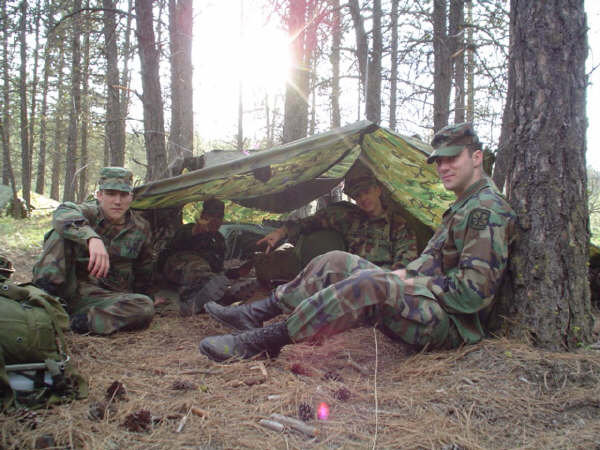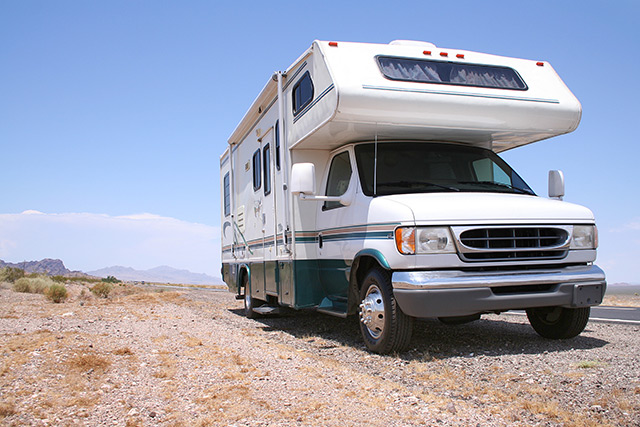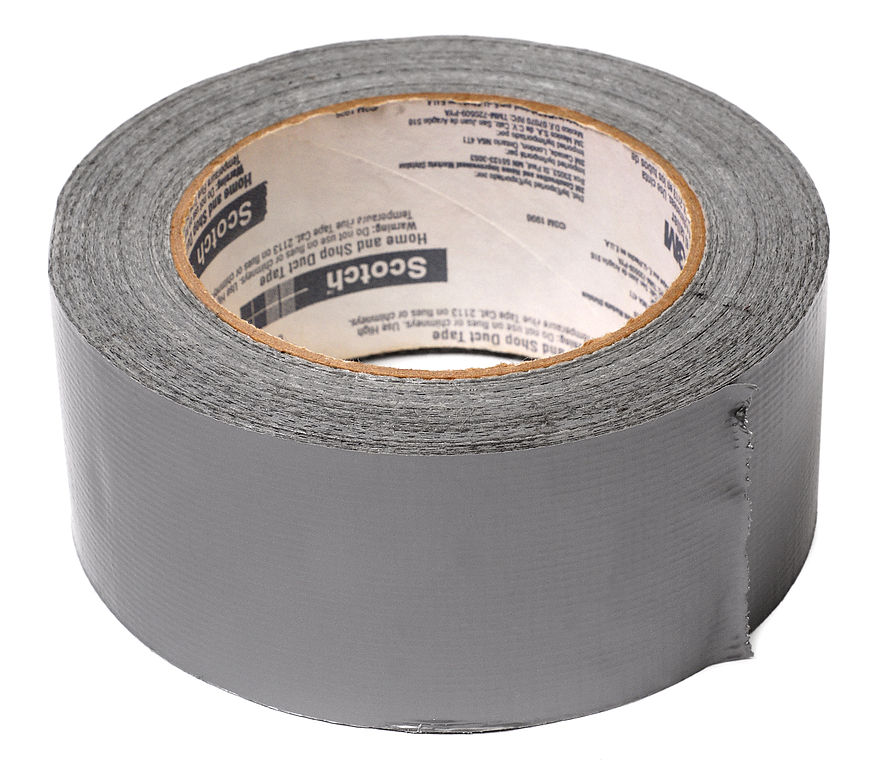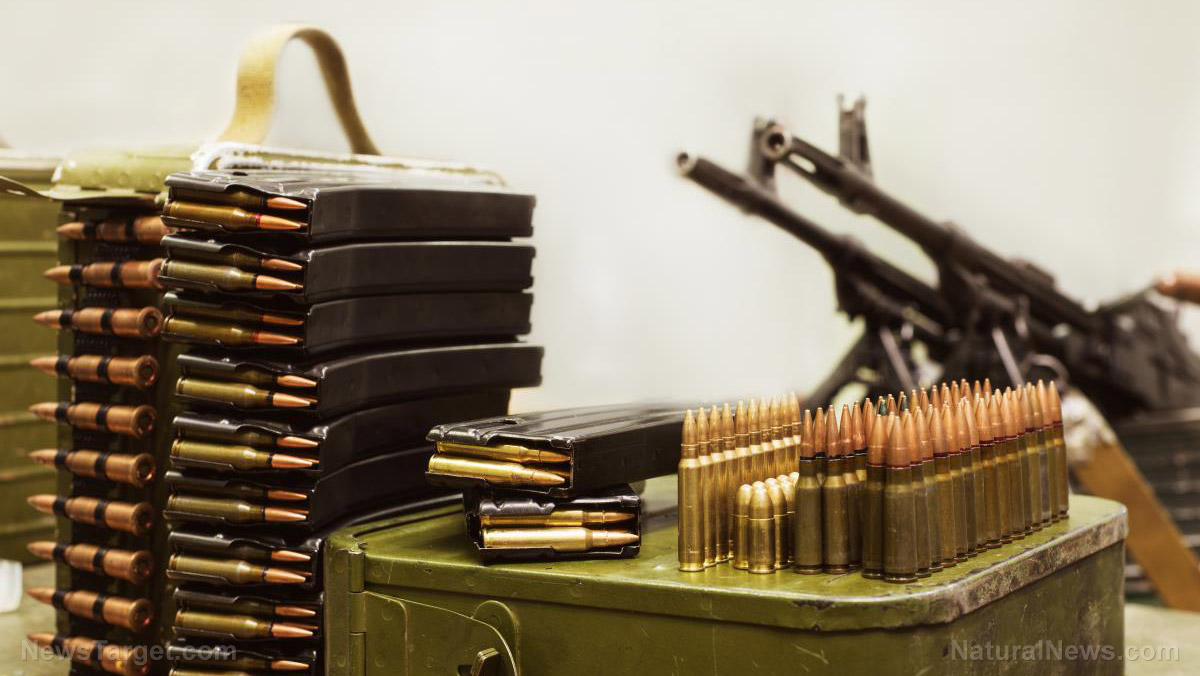How to create an effective emergency communications plan for when SHTF
12/20/2018 / By Mary Miller

There is little doubt that cell phones are invaluable in our modern world. We rely on them to stay connected to our loved ones. However, if something were to happen, such as an earthquake, an EMP attack, or some other large-scale disaster, then you might have to consider other means of reliable communication. In case SHTF, you and your family should have a backup emergency communications plan that you can use even if none of you can contact each other. (h/t to AYearWithoutTheGroceryStore.com.)
Cell phones
In the event that society collapses or a natural disaster occurs, the first thing everyone will want to do will be to take out their cell phones and call their loved ones to ask about their whereabouts and ensure that both parties are safe. If this is still possible, go for it. It is the easiest and simplest way to get in contact with other people. However, you might not be able to make any calls if the cell phone towers are down or overloaded. Your phone might also not work during extended power outages. To avoid overloading the network, you can try sending a text message or email instead. Several short messages are more likely to go through than one long text message. Try to limit your calls for emergency situations to keep the networks as free as possible. If you are unable to place a call, wait for at least 10 seconds before redialing again. This will allow the network time to clear data.
Your cell phones should also have all your emergency contacts programmed into them. This should include the numbers of all your family members, your utility phone numbers, the number of your personal doctor, and any other emergency numbers. As an added measure, you can even print out a small list of all these numbers and laminate. That way, you can always keep a copy in your pocket wherever you go. If your phone is either lost or stolen, you can refer to this list and call or send text messages using someone else’s cell phone. If you have any children, teach them how to call 911 in case of emergencies.
Landlines
If the cell phone towers are down, another option you can use is your home landline. You can also use it to help save the battery life of your cell phone. However, if your landline phone is cordless, you probably won’t be able to use it during a power outage. If your local phone lines are overloaded, you probably won’t be able to make any local calls. However, there is a chance that most long distance calls will still go through. For this reason, it is important to establish an out of area contact. This should be someone you personally know and trust who lives a significant enough distance away to be unaffected by the congested phone lines. If you can’t directly talk to someone within your area, you can make a long distance call to this person and they can forward your message to your other family members by making another long distance call back to them.
Useful apps
If you have a smartphone, you can download some useful applications that can be of great use during emergencies. Some social media apps can let you mark yourself as safe if a disaster occurs in your area. Recommended apps you should download include FEMA, Red Cross, Emergency Alert, and other similar emergency apps. (Related: Be prepared: 3 Tips to better communicate with your family during an emergency.)
Meeting points
In the worst case scenario, you might not be able to access any forms of technology to contact your family members. Before you even find yourself in this situation, make sure to coordinate at least two predetermined locations you can all meet up at if any of you are unable to go back home. You should have two just in case one of them is inaccessible. They should be in publicly accessible areas such as a park, a library, or a school parking lot. You can also use these locations as evacuation points if anything happens to your home.
Learn more about other ways to be prepared for disasters by going to Preparedness.news.
Sources include:
Tagged Under: backup plan, communication, contingency plan, Disasters, emergencies, emergency, emergency communications plan, emergency preparedness, family, off grid, outdoors, preparedness, preparedness and survival, prepper, prepping, prepping tips, self-reliance, SHTF, survival, Survival Tips, survivalist



















